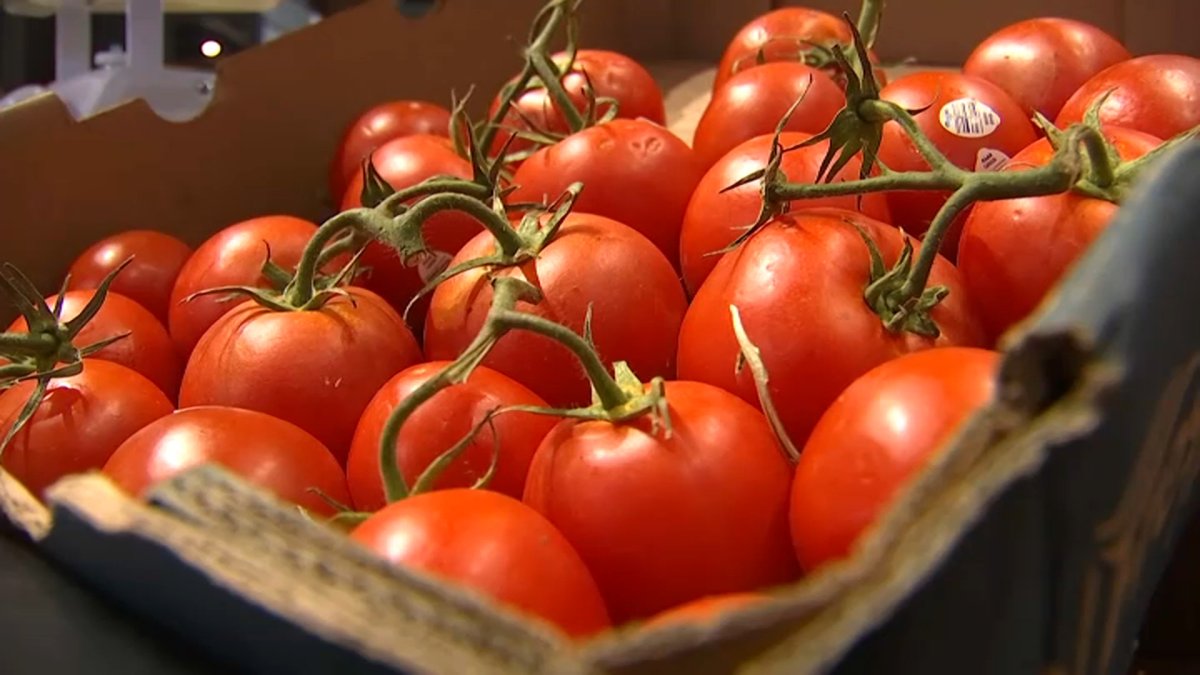A recently released analysis from The Budget Lab at Yale estimates consumers could pay an additional $2,800 per year if new tariffs take effect Aug. 1.
Lab Director of Economics Ernie Tedeschi said Monday grocery prices could be a big driver, rising as much as 4% over the next 12 to 24 months.
“Four percent over the next year or two, that’s like an extra two years’ worth of food inflation on top of what we’re already getting,” he said. “That’s meaningful for families.”
Tedeschi said food price inflation has already picked up. Prices in December were up by 1.8% from the year prior, but that growth rate as 2.4% in June.
Consumers said they’ve noticed.
“It’s so expensive, especially like vegetables and meat and fruit and stuff like that,” New Britain resident Gillian Belgrave-Sealey said.
The Trump Administration has maintained that Aug. 1 is a firm deadline for other countries to reach new trade deals if they want to avoid higher tariffs.
Sen. Richard Blumenthal (D-Connecticut) used the Budget Lab report to renew his criticism of those tariffs.
“To my Republican colleagues who say we’re fear mongering, I would say, go buy some tomatoes,” he said. “Go into your grocery.”
Ben Proto, chairman of the Connecticut Republican Party, said Blumenthal and other Democrats are just playing politics.
He noted consumer confidence ticked up in July. He also said the increase in grocery prices was in line with overall inflation and likely caused by other factors.
“Democrats are lost in the wilderness, they have no agenda, they have no message, they have no vision for what they want to do,” Proto said. “So they’re grasping at whatever they can grasp at.”
Tedeschi also said it can be difficult to isolate the impact of inflation on groceries, especially since prices for things like eggs and beef can be volatile.
Experts also don’t know for sure how many food items are subject to exemptions.
Still, he said he expects tariffs will have an impact on produce, meats and other food not grown in the U.S.
“It’s actually very difficult to re-shore a lot of this production back to the United States without cannibalizing other parts of the economy,” Tedeschi said.

